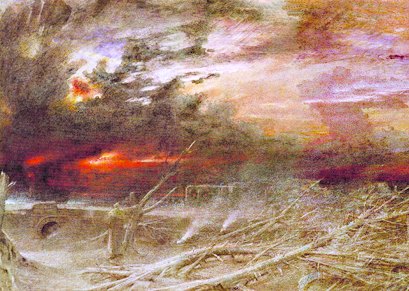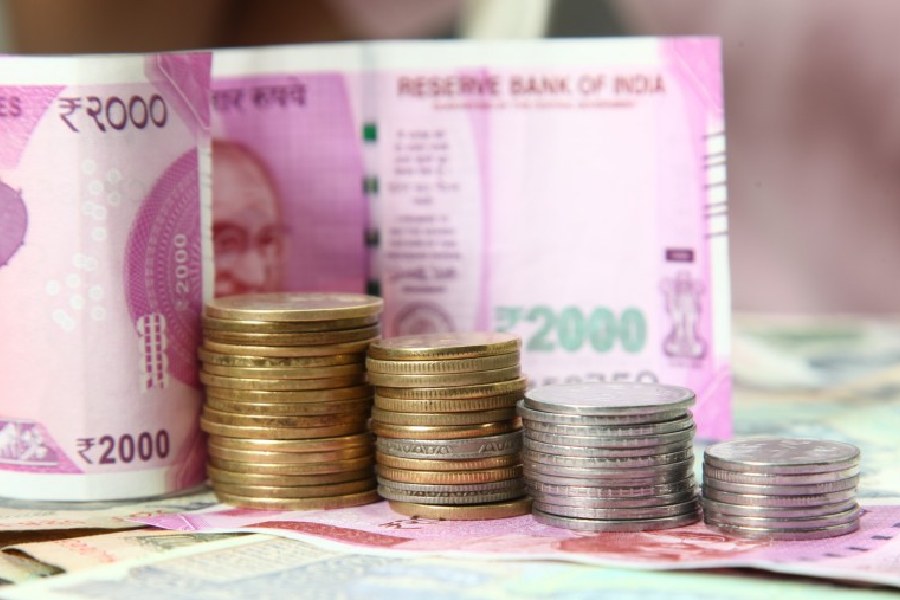
The sky had changed colour the day the world came to an end. That is what Keiko Aguna told me when I had met her years ago outside Hiroshima's Peace Memorial Park. Keiko is a hibakusha - one of the few people to have survived the atom bomb attack on Hiroshima. One of the reasons I found Keiko's description of mokushiroku (apocalypse) compelling was the precision with which she remembered the blue-white sky turning yellow and then angry red. Perhaps that is because my grandmother used to reminisce about the light changing in the sky outside the window of a train that had been stopped by a marauding crowd in search of Hindu refugees. She was one of the Hindu passengers fleeing what was then East Pakistan after Partition. My father, too, used to talk about a photograph he had seen on a pamphlet that was distributed in an anti-war rally in Calcutta during his student days. The image was that of the night sky in Vietnam illuminated by exploding napalm bombs.
People like Keiko, my grandmother and my father had lived, and survived, some of the most troubled periods of the 20th century. Their experiences of not just war but riots, famines and human displacement have left an indelible mark on how I would imagine an apocalypse. One of the things that I gleaned from these reconstructions of catastrophe was that human cognitive abilities acquire a degree of sharpness and clarity in the face of what appears to be annihilation. Surrounded by the ruin that was Hiroshima, Keiko had memorized the changing colours in the sky; my grandmother remembered night giving way to dawn inside a train that stood still on the border between two fledgling nations; several accounts of war I have read include vivid portrayals of the smell of sulphur and the sound of bullets cutting through the air.
In these depictions of what feels like the end of time, one can also discern a symbolic association with transformation. Apocalypse, as myths and legends tell us, isn't only about effacement; it also holds the promise of renewal. Older and imperfect worlds have apparently given way to better ones through the experience of devastation, be it a mythical flood or a nuclear holocaust. But a better world may not necessarily be a fairer one. For the passing of the old world takes with it the hopes of justice and closure. In post-war Japan, the State took precautions to keep the sufferings of the hibakushas a secret. Women like Keiko were discriminated against because it was widely believed that their medical conditions - the result of exposure to radiation - were contagious. Bangladesh, which experienced unparalleled horrors during the time of its creation, took years to break the silence around the sexual crimes that had been perpetrated on women by the occupiers.
The memory of post-apocalyptic societies is rendered complicated by the fluid nature of victimhood. For years, the Vietnamese boat people were thought to represent a smaller but resilient nation's sufferings at the hands of a stronger, brutal adversary. But what is ignored is that a large number of Vietnamese people chose to escape their liberated country by boat, fearing retribution at the hands of the new dispensation. Their fears were not unfounded. An estimated 65,000 Vietnamese were executed after the war. Thousands perished in prison or re-education camps that had been set up by the new government.
The etymology of the word, apocalypse , goes back to the idea of revelation. Unlike in the modern world, the Greeks interpreted apocalypse not as annihilation but as disclosure. As usual, the ancients knew what they were talking about.










